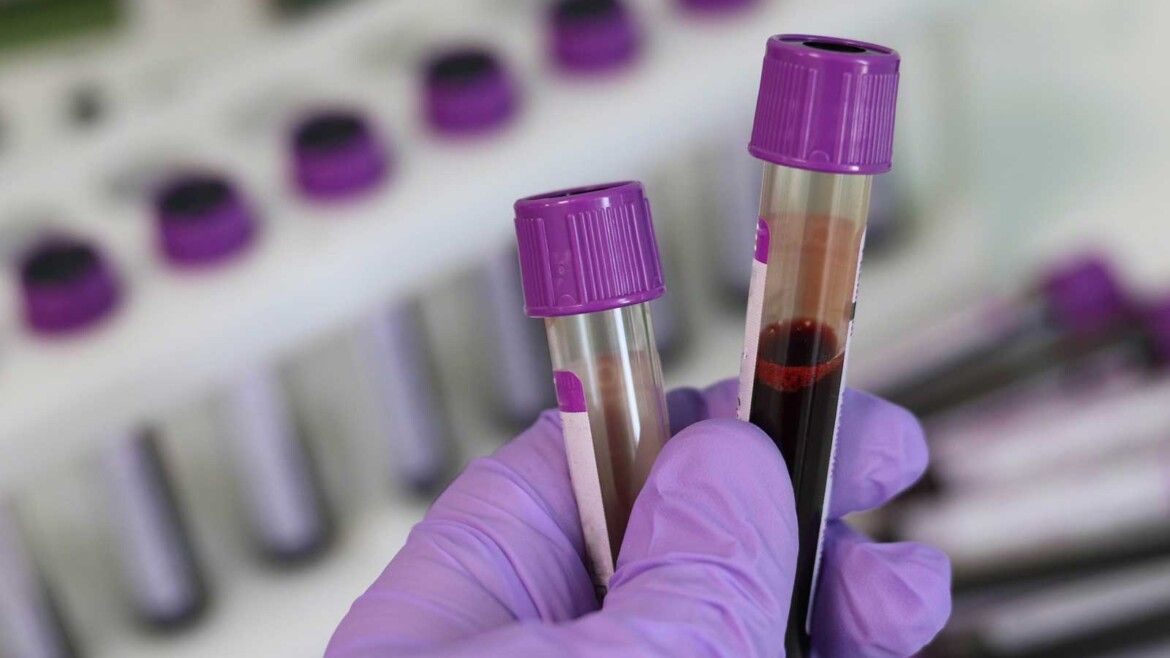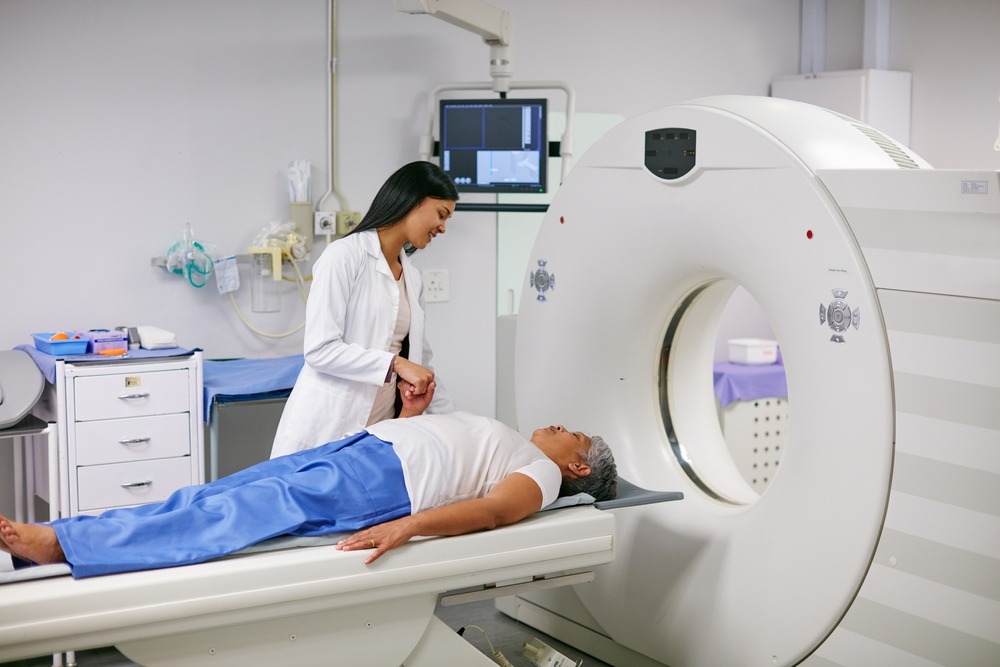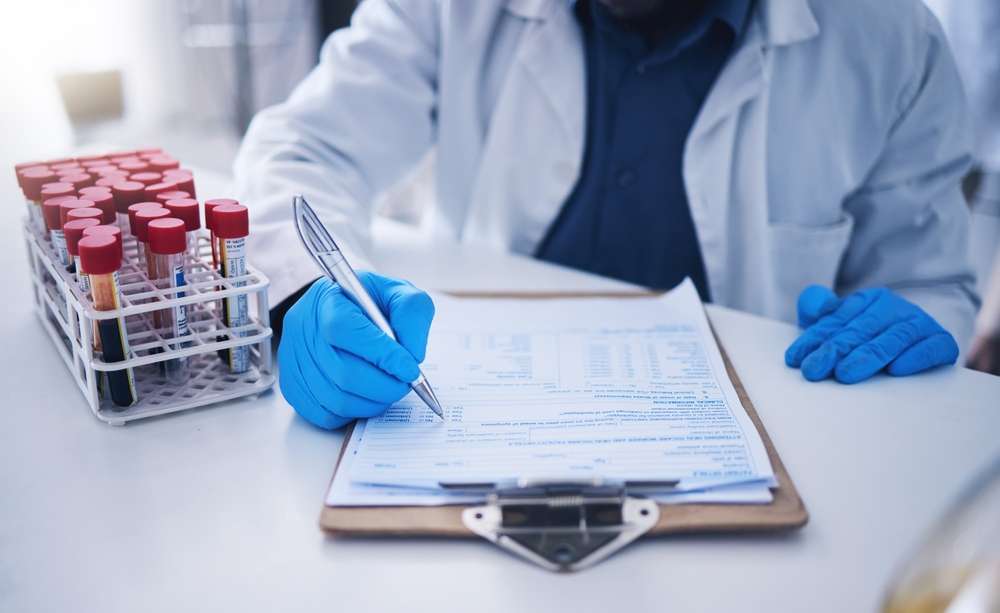The HbA1c test is a blood test that provides information about your average levels of blood glucose, also called blood sugar, over the past 3 months.
The HbA1c test can be used to diagnose type 2 diabetes and prediabetes.1
The HbA1c test is also the primary test used for diabetes management.
The HbA1c test is sometimes called the hemoglobin A1C, HbA1c, glycated hemoglobin, or glycohemoglobin test. Hemoglobin is the part of a red blood cell that carries oxygen to the cells. Glucose attaches to or binds with hemoglobin in your blood cells, and the HbA1c test is based on this attachment of glucose to hemoglobin.
The higher the glucose level in your bloodstream, the more glucose will attach to the hemoglobin. The HbA1c test measures the amount of hemoglobin with attached glucose and reflects your average blood glucose levels over the past 3 months.
Why should a person get the HbA1c test?
Testing can help health care professionals
· find prediabetes and counsel you about lifestyle changes to help you delay or prevent type 2 diabetes
· find type 2 diabetes
· work with you to monitor the disease and help make treatment decisions to prevent complications
If you have risk factors for prediabetes or diabetes, talk with your doctor about whether you should be tested.
The A1C test result is reported as a percentage. The higher the percentage, the higher your blood glucose levels have been. A normal A1C level is below 5.7 percent.








